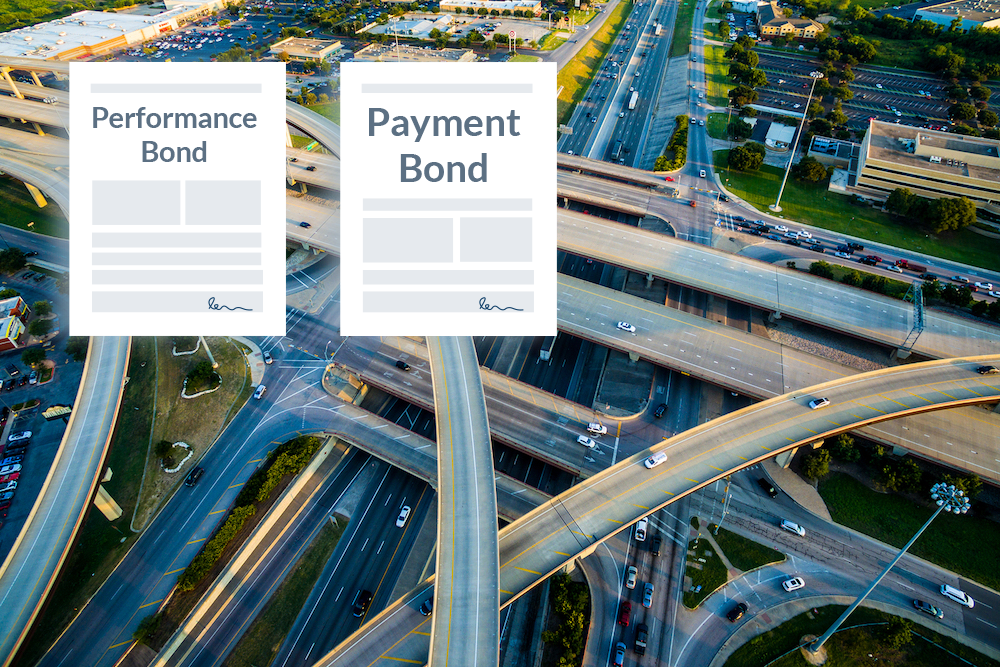A performance bond and a payment bond work together to ensure contractors, subcontractors and suppliers receive their payments. These bonds are commonly required for large-scale construction projects, as well as on public buildings and commercial businesses.
Performance and payment bonds are backed by surety companies, which issue the bonds in exchange for a premium that varies with the project. They also guarantee that if there’s a problem, parties involved in the project can be reimbursed for damages up to the bond amount.
Getting a Bond
Getting a bond is essential for any construction contractor. It helps to safeguard public funds and the subcontractors, suppliers, and laborers who work on a project. When contractors bid on a project, they must be able to show proof of a payment and performance bond. It ensures they will pay their subcontractors and material suppliers if they complete the project after time.
In addition, this is to protect taxpayers. Without a payment and performance bond, taxpayers must be liable for the contractor’s failure to pay these parties. To get a bond, a contractor must obtain a surety bond form and submit it to the company. This bond form will provide details about the bond they need based on the specific project they have been awarded to work on.
Payment Bonds
Payment bonds ensure that subcontractors, laborers, and material suppliers are paid according to their contract with a contractor. These bonds are often required for state and federal construction projects.
They also protect the owner from liens and claims from those working on the project in the event of a contractor’s default on their obligations. In addition to ensuring that subcontractors and material suppliers are paid, payment bonds also help ensure contractors can complete their projects within the required time frame and specifications.
Like performance bonds, payment bonds are typically issued by the same surety company. Getting all three types of bonds at one company makes the process easier for the obligees and the companies involved. However, each bond type is governed by different laws and requirements.
Performance Bonds
Performance bonds ensure a contractor will carry out the project by the conditions of the contract. They can also protect property owners from low-quality work and ensure contractors do not default. They are most common in construction but are helpful for many other projects. For example, if you’re selling a commodity, you should secure a performance bond to ensure you deliver the product promptly and skillfully.
A payment bond is another type of surety bond that guarantees the contractor will pay subcontractors, suppliers, and laborers on time. If the contractor fails to do so, these parties may sue the bonding company for compensation. The size of the contract and the amount of coverage required will determine the price of a performance bond. The principal’s creditworthiness will also influence the premium you’ll need to pay.
Surety Bonds
When project owners need a surety bond, they agree with the company or contractor who needs to post the bond. The contract includes several terms and conditions. For example, the project owner might want a guarantee that the contractor will complete the work within a specific time frame and according to local laws. This type of surety bond is called a performance bond.
The owner can file a claim against the performance bond if the contractor fails to complete the work. The surety will ensure the job is done and reimburse the owner for whatever money it has in the transaction.
The payment bond is another surety bond that protects the owner by ensuring contractors pay their subcontractors and suppliers. If the contractor fails to pay them, a subcontractor or supplier can contact the surety and request the funds owed to them.

